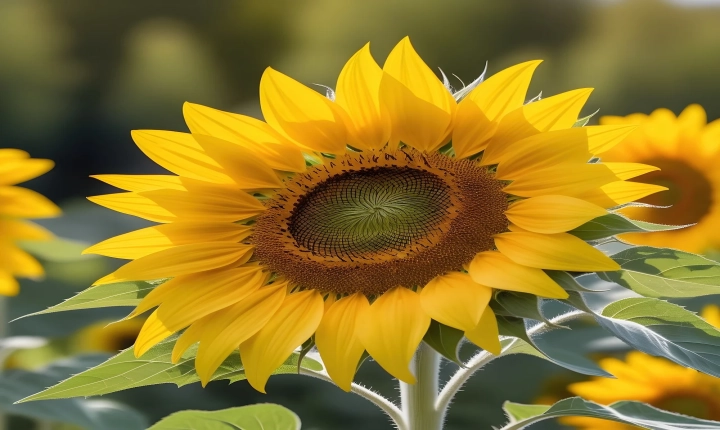AI, or artificial intelligence, has permeated almost every aspect of our lives, and music is no exception. From generating melodies to creating personalized playlists, AI is now a key player in the music industry. The combination of cutting-edge technology and the art of music has given rise to a new genre known as AI songs.
So, what exactly are AI songs? AI songs are compositions that are either entirely generated by artificial intelligence or heavily influenced and assisted by AI technology. These songs can be created using algorithms that analyze existing music data, or they can be the result of collaborations between human musicians and AI programs.
One of the most prominent examples of AI-generated music is the work of companies like OpenAI and Google Magenta, which have developed software capable of composing original music. These systems use machine learning to analyze vast amounts of musical data and then generate new compositions based on patterns and styles present in the data. This technology can mimic the sounds of specific genres or even imitate the styles of famous musicians.
AI is also being used to analyze music consumption patterns and user preferences to create personalized playlists and recommendations. Streaming platforms like Spotify and Pandora utilize AI algorithms to curate playlists tailored to individual tastes, taking into account factors such as listening history, mood, and time of day.
Furthermore, AI has the potential to revolutionize the way musicians create and produce their music. Tools like vocal synthesizers and AI-powered instruments can assist artists in composing, arranging, and even performing their music. This opens up new possibilities for experimentation and innovation in music production, allowing musicians to explore uncharted territories and push the boundaries of traditional genres.
However, the rise of AI in music has also sparked debates about the potential impact on the industry. Critics argue that the use of AI in music creation may lead to a commodification of art, as human creativity is increasingly supplemented or even replaced by machine-generated content. This raises questions about the authenticity and emotional depth of AI-generated music and its ability to resonate with audiences on a meaningful level.
On the other hand, proponents of AI in music see it as a tool for democratizing creativity and making music more accessible to a wider range of people. AI can lower the barriers to entry for aspiring musicians by providing them with powerful tools for composition, production, and distribution. Additionally, AI-generated music can serve as a source of inspiration and collaboration for human artists, sparking new ideas and pushing the boundaries of musical expression.
In conclusion, AI songs represent a new frontier in the world of music, blurring the lines between artificial and human creativity. As technology continues to advance, the role of AI in music will undoubtedly evolve, posing both challenges and opportunities for the industry. Whether AI songs will fundamentally change the way we create and experience music remains to be seen, but one thing is certain: the intersection of AI and music is a landscape ripe for exploration and innovation.
